Notícias
Project On Sustainable Administration Of Production Forests Is Concluded In Paráa
"The forest is life, it offers us everything, in different situations. We breathe fresh air where there is forest. In deforested areas, we feel a very different climate. When we walk into the forest, it's like walking into an air-conditioner." 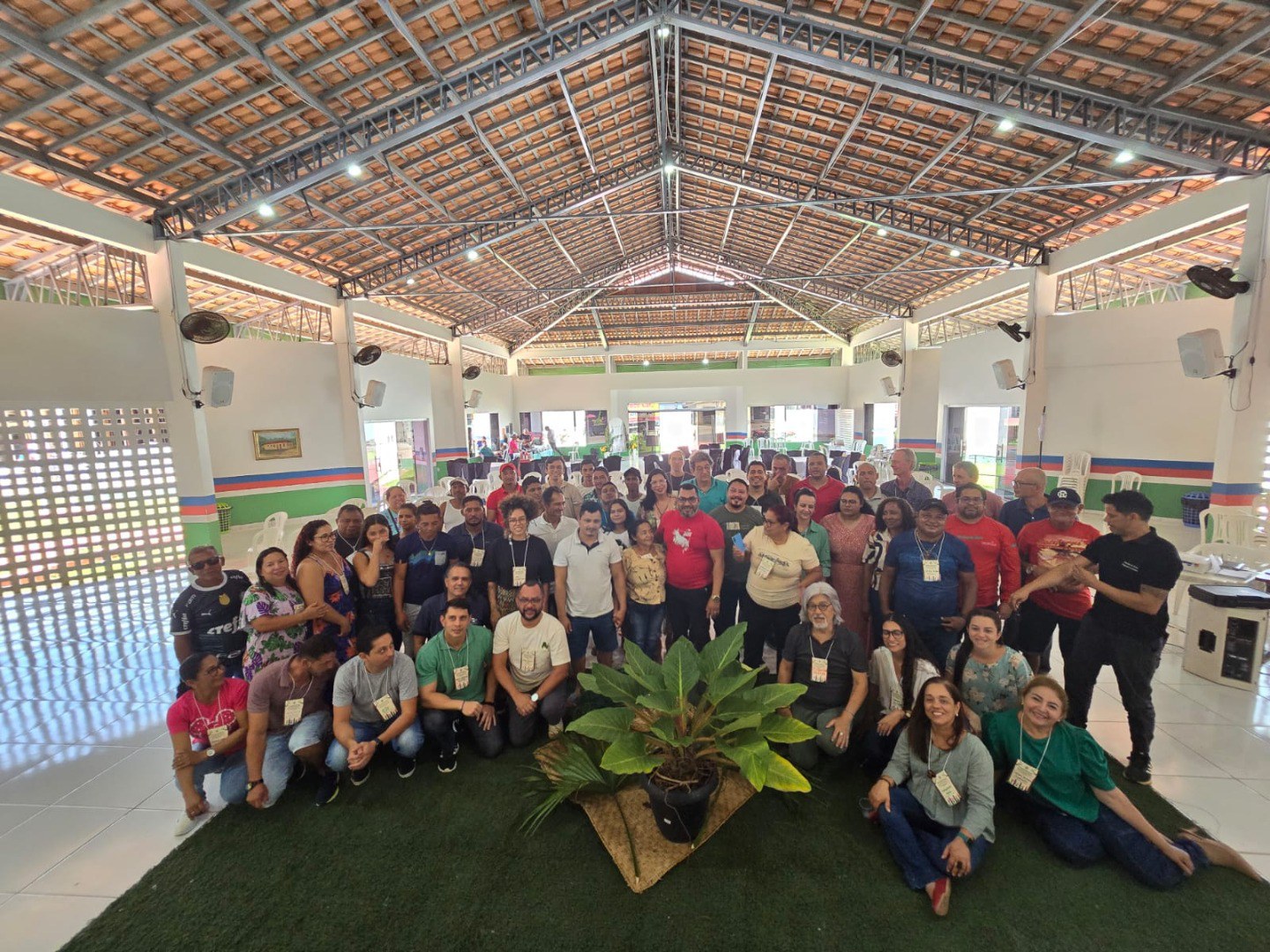
This is how Luiza Maria Frós Duarte, from the São Sebastião de Juçara community, in the Verde para Sempre Extractive Reserve (Resex), defines the forest. By illustrating a feeling that is part of the reality of people in the city, Luiza Maria emphasizes the importance of keeping the forest standing.
Max Steinbrenner, an Embrapa Amazônia Oriental consultant for the "Good Management " project, says that "the forest is a source of energy and tranquility, where you connect with nature, something that many people have lost."
This connection, often non-existent for those who live in the cities, is not, however, the same as that experienced by the riverine communities and community members who live in this extractive reserve. For this reason, different points of view come together in the search for ways to preserve and sustainably use the biome.
The seminar "People's Forest - a Positive Agenda for Community Forest Management, Conservation and Protection of the Territory, Verde para Sempre Reserve", held from March 19 to 21 in Porto de Moz (Pará), brought together researchers, technicians, specialists and representatives from government institutions at municipal, state and federal level, as well as community leaders from around 12 communities in the Reserve, to discuss sustainable forest management. The meeting also marked the end of the international technical cooperation project "Sustainable Management of Production Forests at Commercial Level in the Brazilian Amazon".
The initiative, also known as "Good Management", aimed to consolidate tools developed for sustainable forest management and also to train training centers and universities in the Amazon region in order to transfer tools to logging companies and government environmental agencies responsible for forest management.
Started in 2017, the project is executed by the Brazilian Agricultural Research Corporation - Embrapa Eastern Amazon, and developed in partnership with the International Tropical Timber Organization (ITTO), and the Japanese government. The Brazilian Cooperation Agency (ABC), under the Brazilian Ministry of Foreign Affairs, monitors the initiative.
Milton Kamashiro, a researcher at Embrapa Amazônia Oriental and coordinator of the Good Management project, recalls that the name of the seminar, People's Forest, highlights the importance of the communities' belonging to the management process.
"I'm ry pleased that almost 50% of the audience are community members, which shows that the communities that are doing forest management are very well represented here," he said. "Having representatives from the state and federal governments here, as well as researchers and institutions that deal with certification, shows the community members that they are welcomed and made visible by everyone.
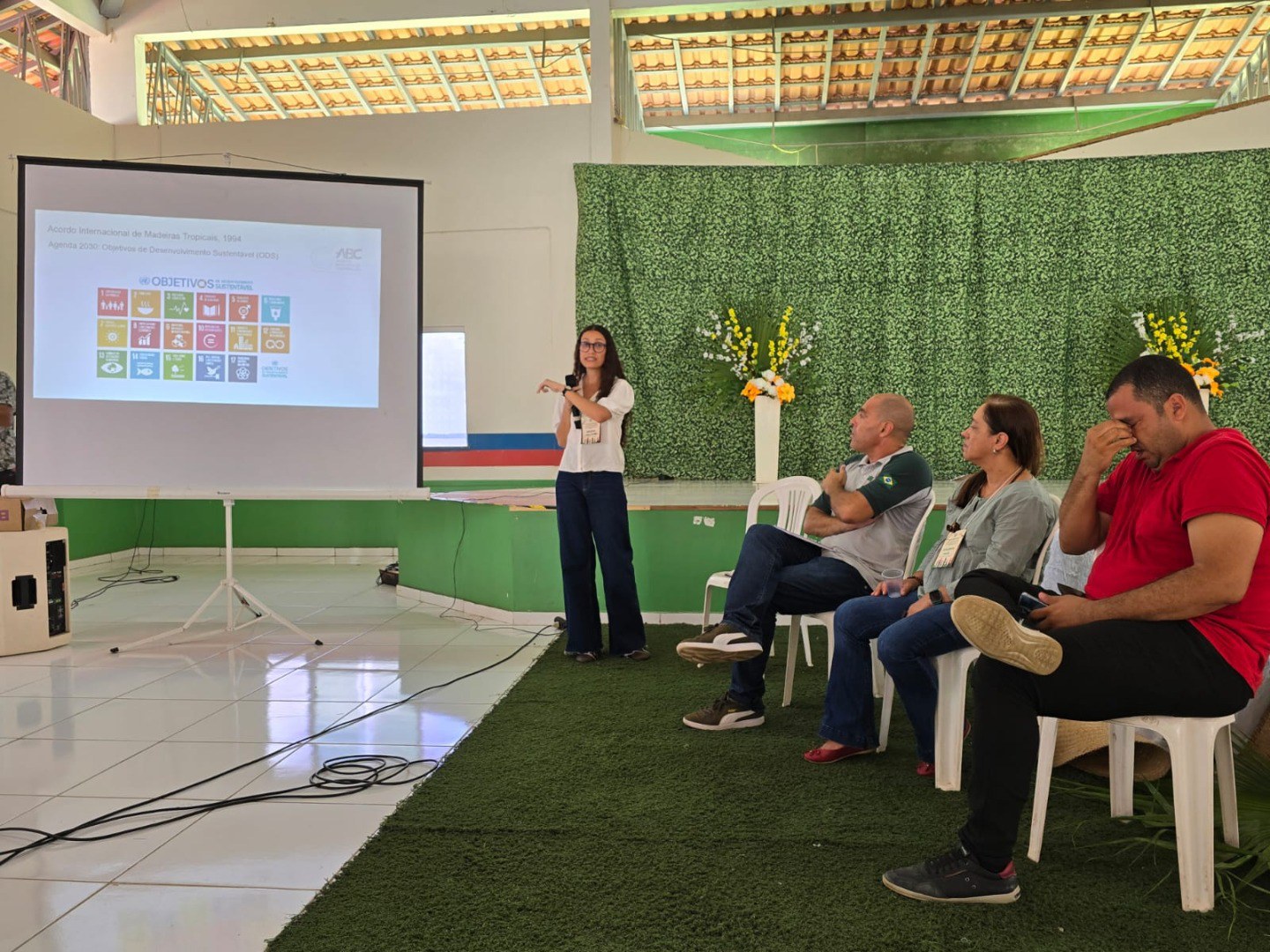
- People's Forest Seminar
"Forest management dialogues with sustainable development", she said.
"This management involves environmental, social and economic aspects, bringing quality of life to the communities."
Verde para Sempre Reserve
The Verde para Sempre Reserve, Brazil's largest sustainable use conservation unit, will be 20 years old in 2024. Around 3,000 families live in more than 100 communities. Managed by the Chico Mendes Institute for Biodiversity Conservation (ICMBio), the territory of the Reserve is spread over the municipalities of Brasil Novo, Gurupá, Porto de Moz and Prainha (Pará). The communities hold ownership of the territory and its natural resources.
Sustainable forest management involves exploitation practices with a low environmental impact that seek to reproduce the forest's natural cycle, maintaining biodiversity, productivity, regeneration capacity and other ecological, economic, and social functions.
International Forest Day
The last day of the seminar coincided with the International Forest Day. The date was set on March 21, 2013, by resolution of the United Nations General Assembly. Annually, various events celebrate and promote awareness of the importance of all types of forests around the world.
On this day, countries are encouraged to make efforts to organize local, national, and international activities involving forests and trees, such as tree-planting campaigns, in order to promote the impact of such actions on current and future generations.
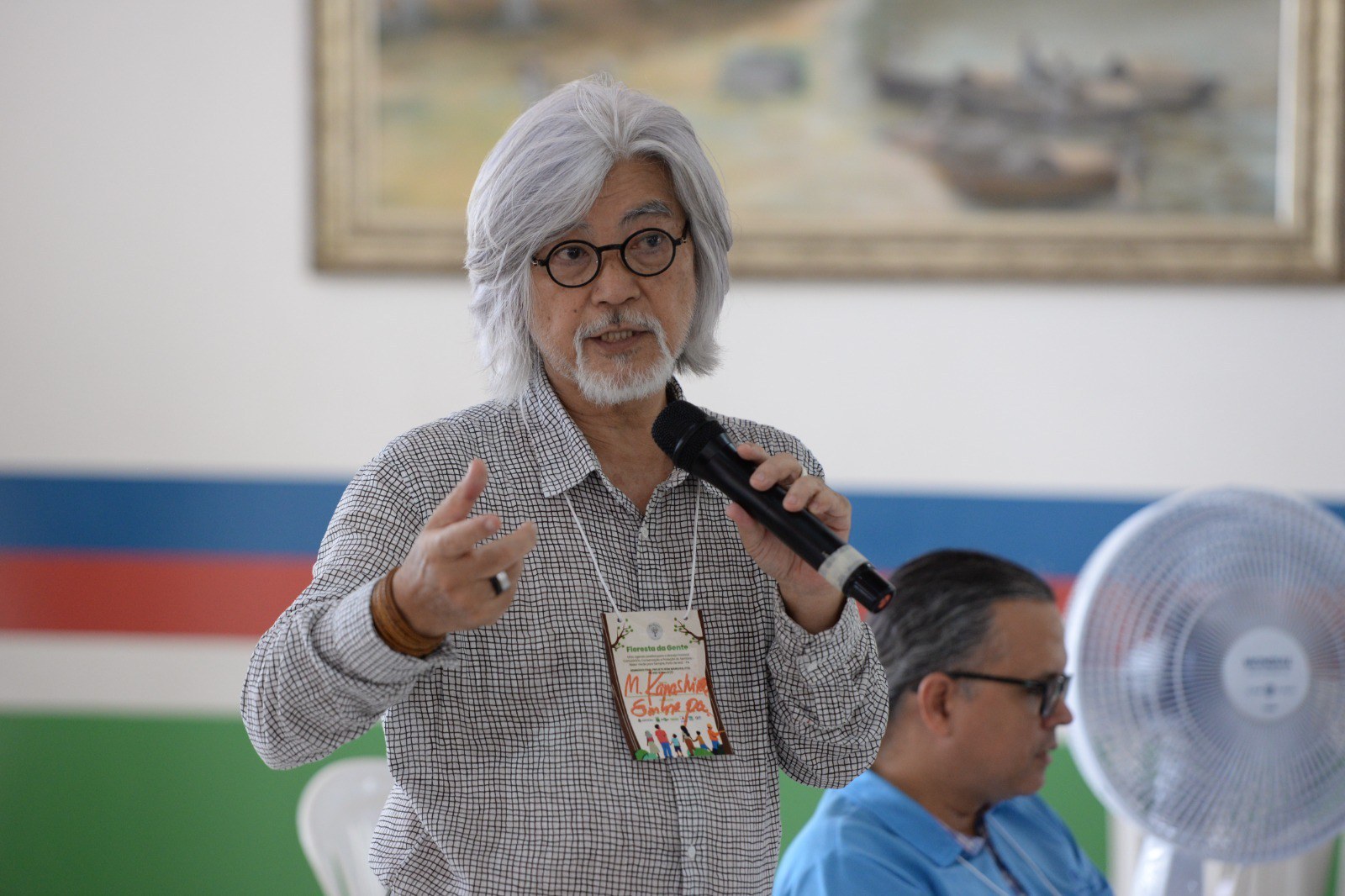
- People's Forest Seminar
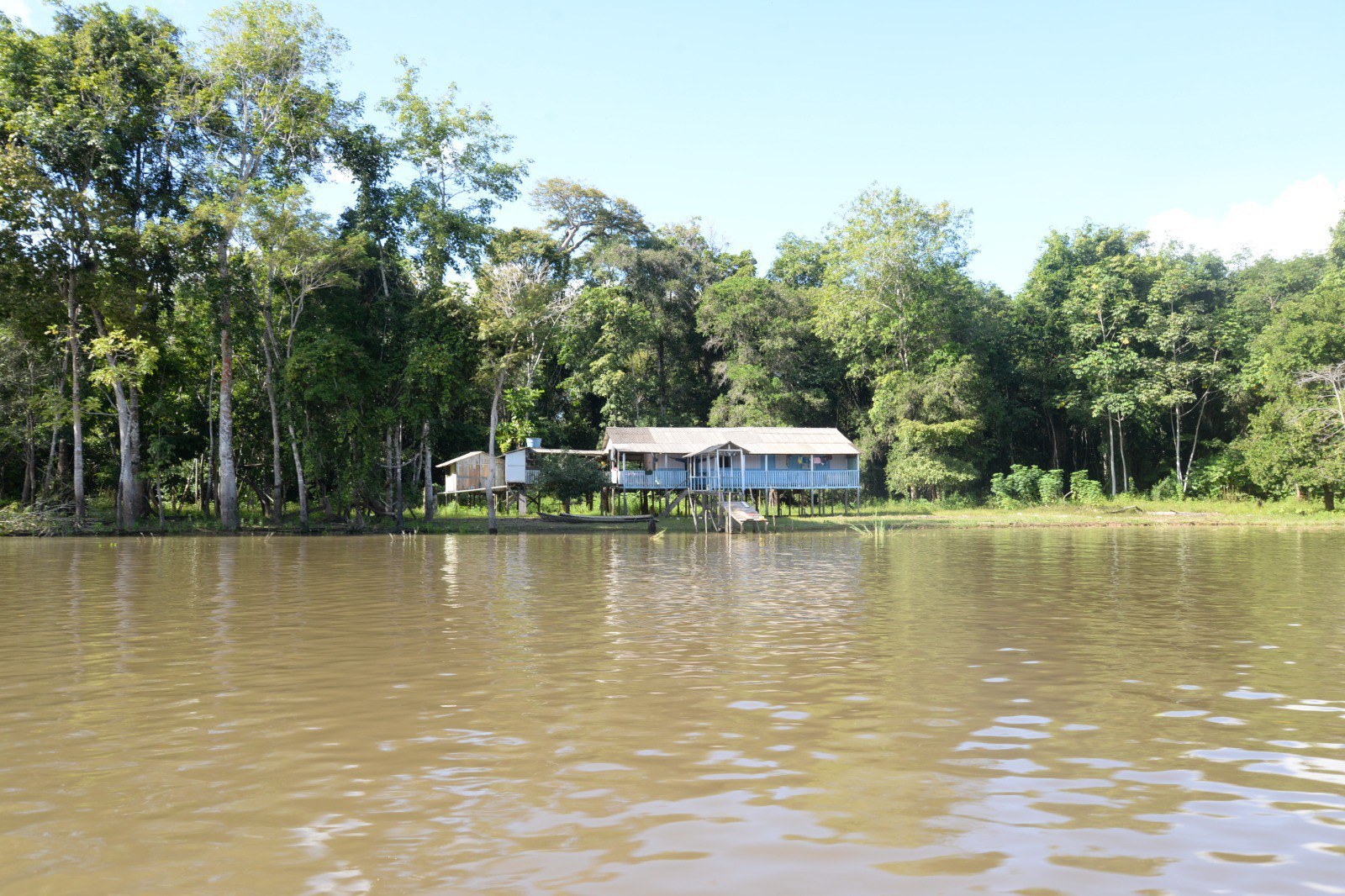
- People's Forest Seminar
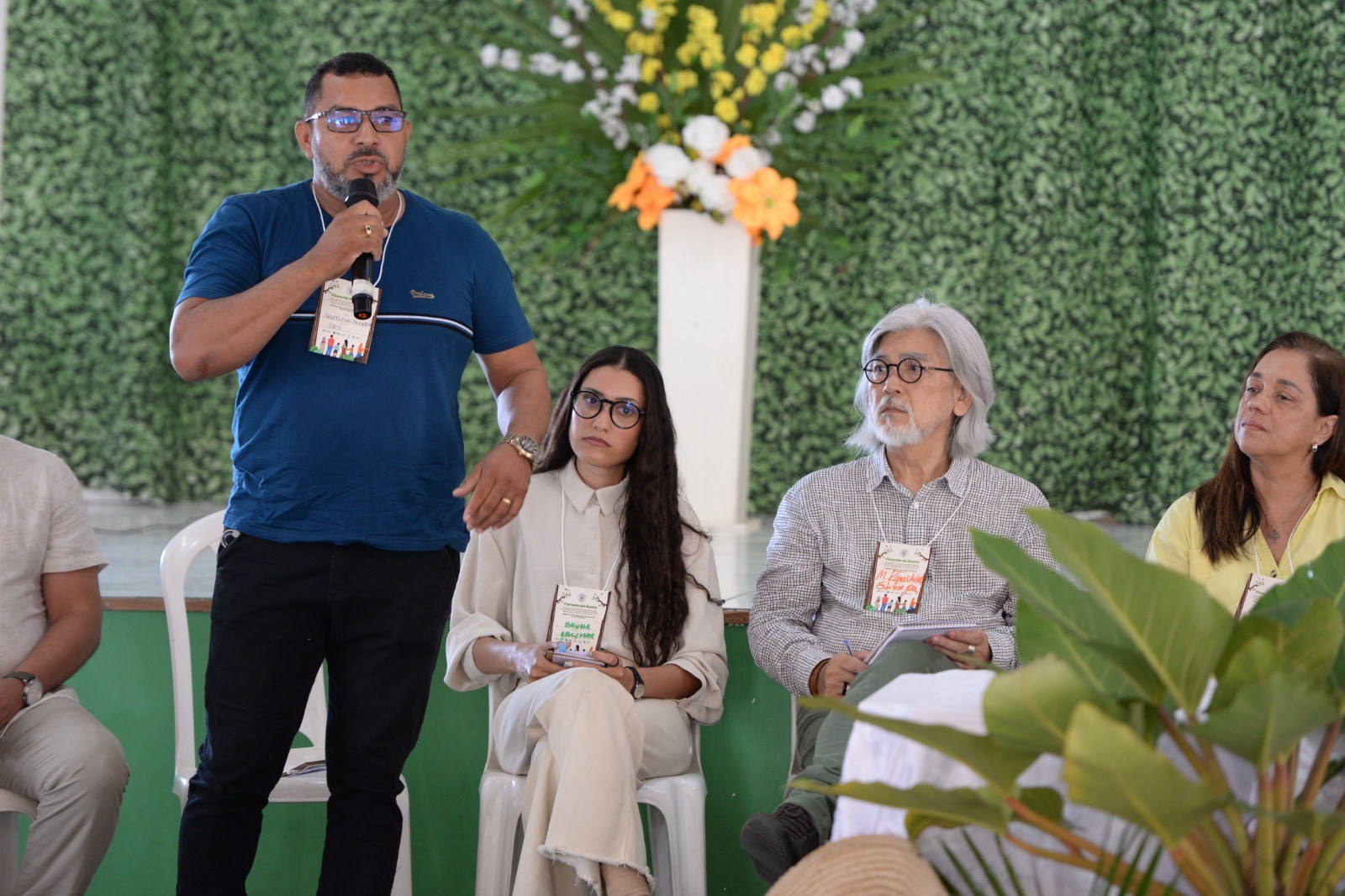
- People's Forest Seminar
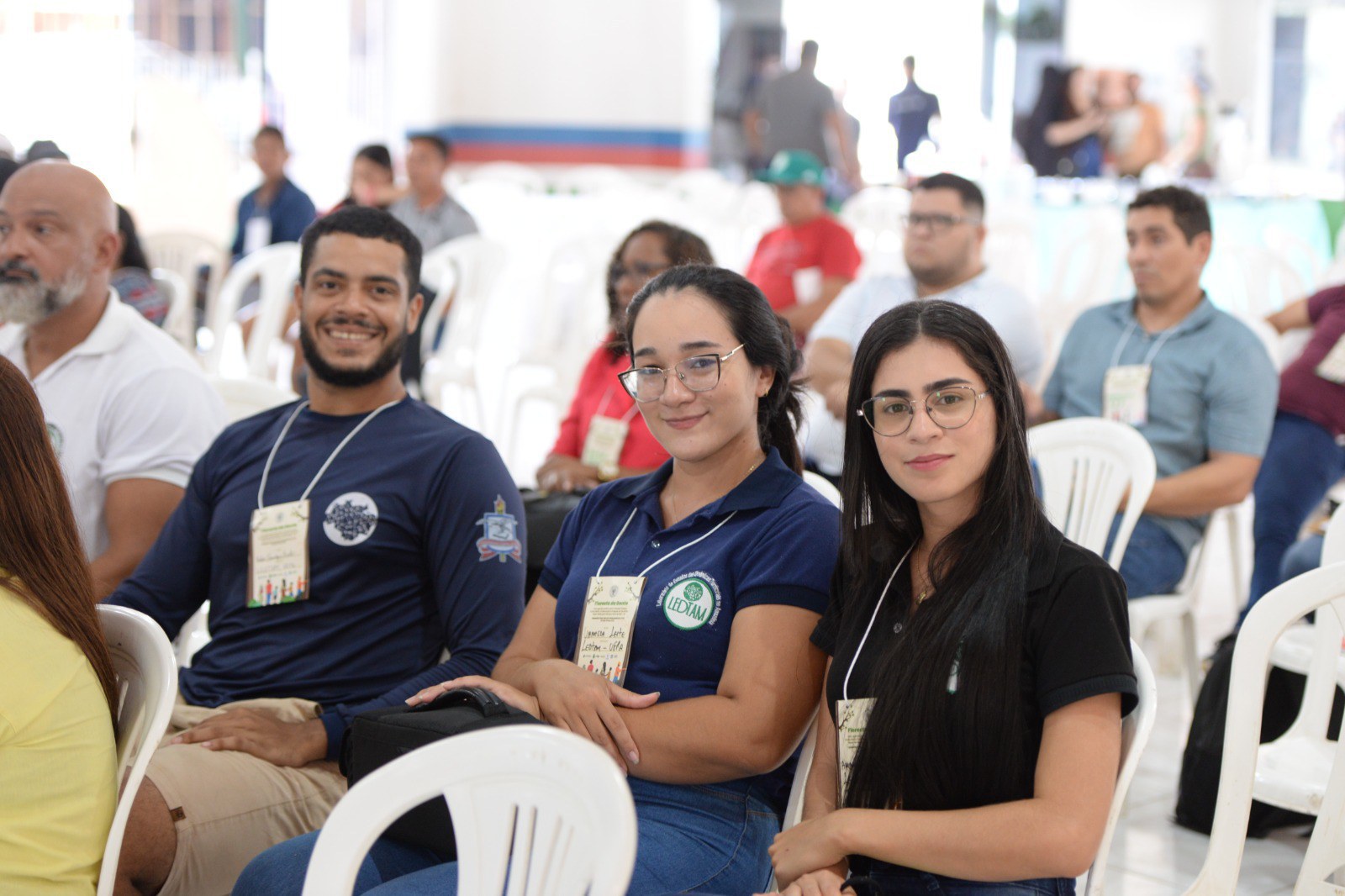
- People's Forest Seminar
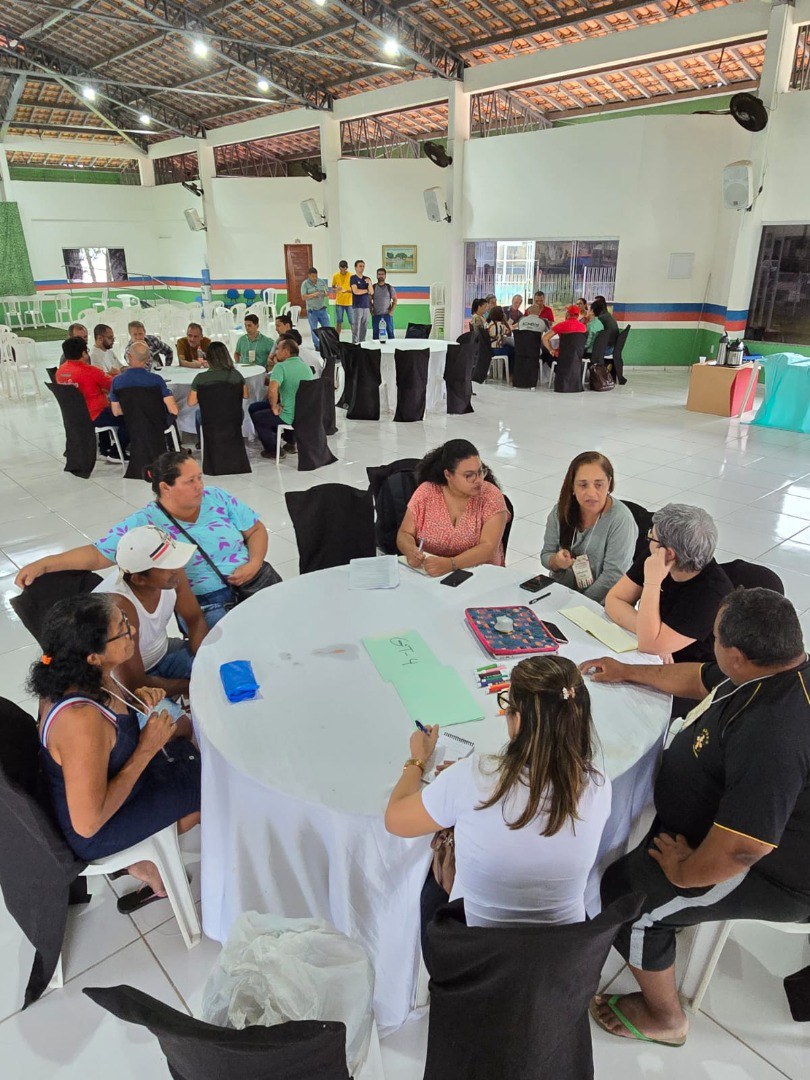
- People's Forest Seminar